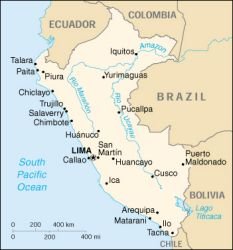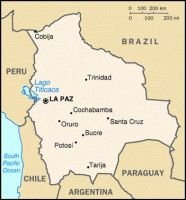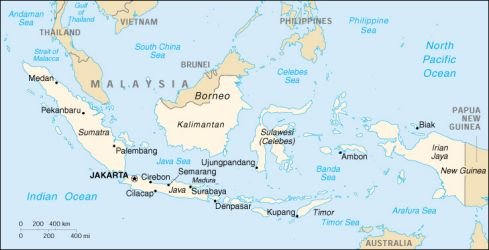Our Work
At IPS, our work is centered in our vision: we believe everyone has a right to thrive on a planet where all communities are equitable, democratic, peaceful, and sustainable. Our intersecting programs and initiatives, led by a diverse group of expert staff and associate fellows, are helping to shape progressive movements toward this vision.
Latest Work
Peru: Democracy & Dictatorship
Fujimoris decision to call for new elections and dismantle SIN is an important step toward putting Peru back on the path to democratization; however, the situation remains very tense and the position of the military and intelligence services uncertain.
Sri Lanka’s Long War
Termed the No Mercy War by the International Committee of the Red Cross (ICRC), it has caused at least 65,000 deaths, displaced up to one million people, resulted in severe human rights abuses, and slowed Sri Lankas once-promising development.
Bolivia: Eradication and Backlash
Bolivia is in the grips of its worst political crisis and social upheaval since the end of the dictatorships in 1983, while U.S.-imposed economic and antidrug policies are principal reasons for the current conflicts.
Masculinity As Foreign Policy Issue
U.S. military policies today marginalize women and entrench the masculinization of political life at home and abroad.
Papua: Another East Timor?
Indonesias military buildup and East Timor-style militia activities threaten to destabilize Papua and the region.
Sudan: Recasting U.S. Policy
Massive injections of U.S. and Soviet arms have kept the war raging between northern and southern Sudan for nearly a half-century.
Foreign Economic Aid
U.S. foreign economic assistance has shifted its purposes, its organizational structure is in question, and the way it operates is being challenged.
East Timor
Since Indonesias invasion of East Timor in 1975, the U.S. has supplied the Indonesian army with more than $1 billion in arms.
Iraq: 10 Years After Gulf War
Ten years after the Gulf War, U.S. policy toward Iraq continues to suffer from an overreliance on military solutions, an abuse of the United Nations and international law, and a disregard for the human suffering resulting from sanctions.
GATS and Women
Although the World Trade Organization (WTO) ministerial failed to produce a new round of trade expansion, prior commitments made by countries in the Uruguay Round (which launched the WTO in 1994) meant that negotiations would continue in 2000 to liberalize both agricultural trade and trade in services.



